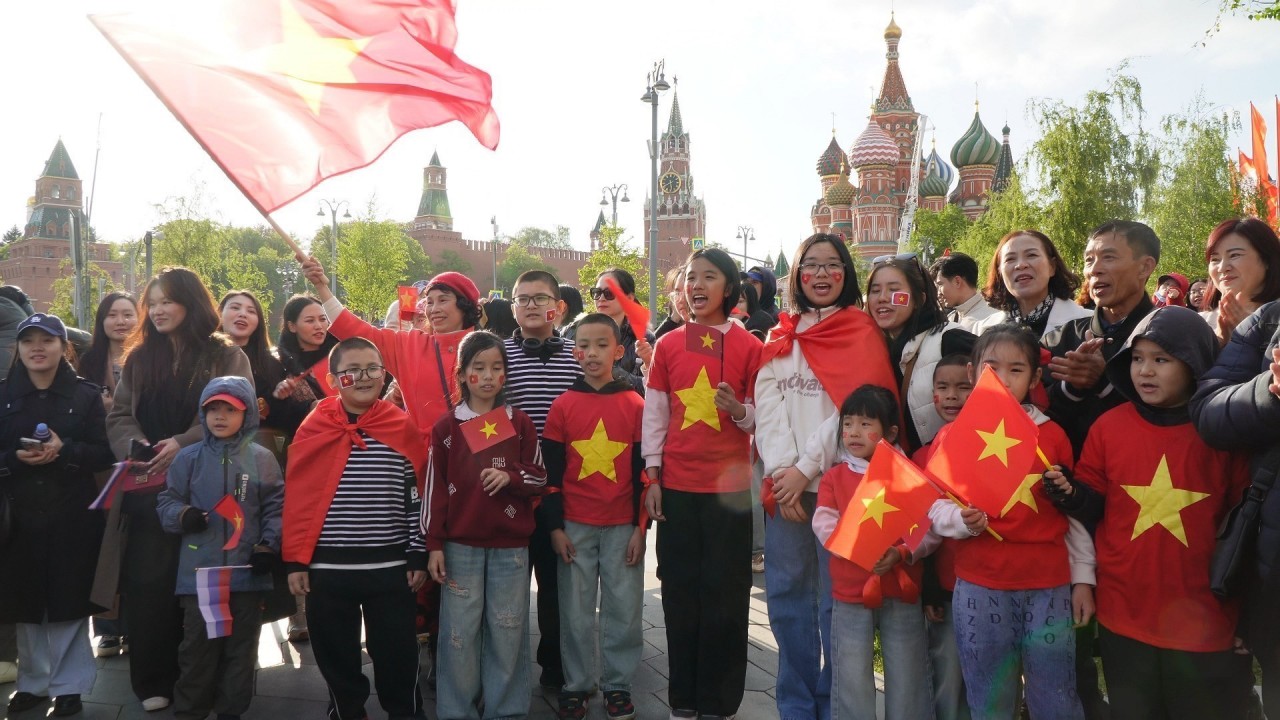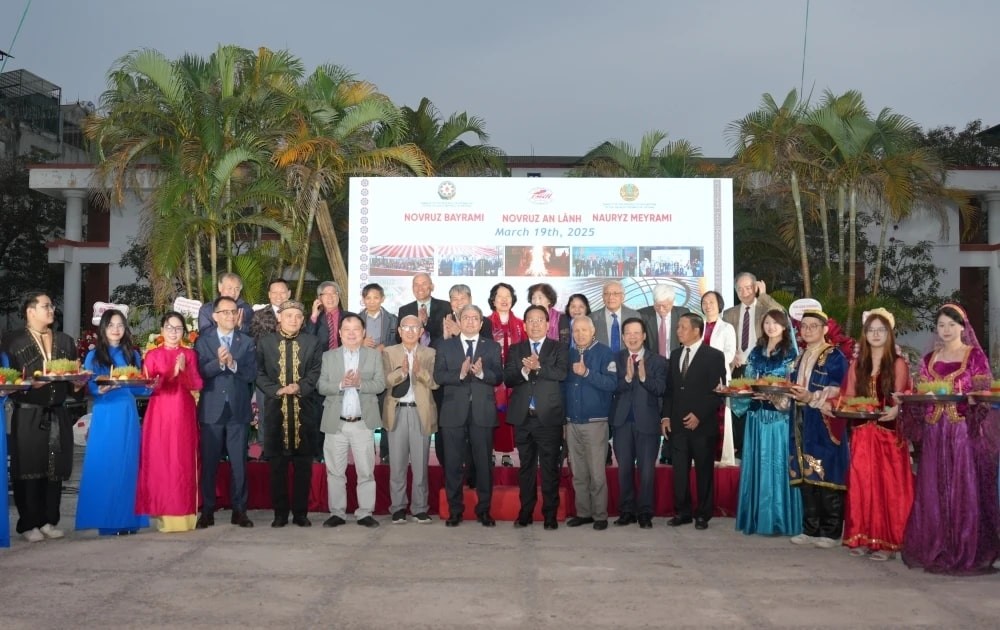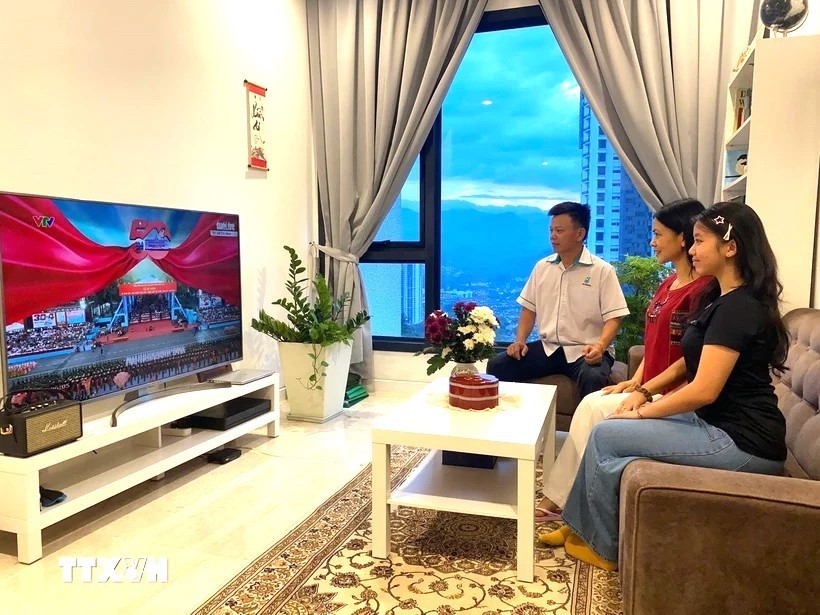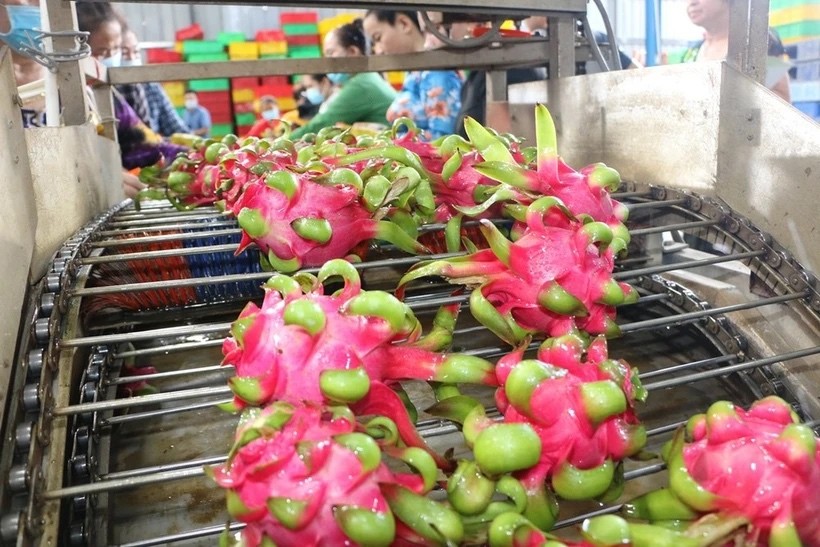Vietnam Focuses on Attracting Domestic, Foreign Talents
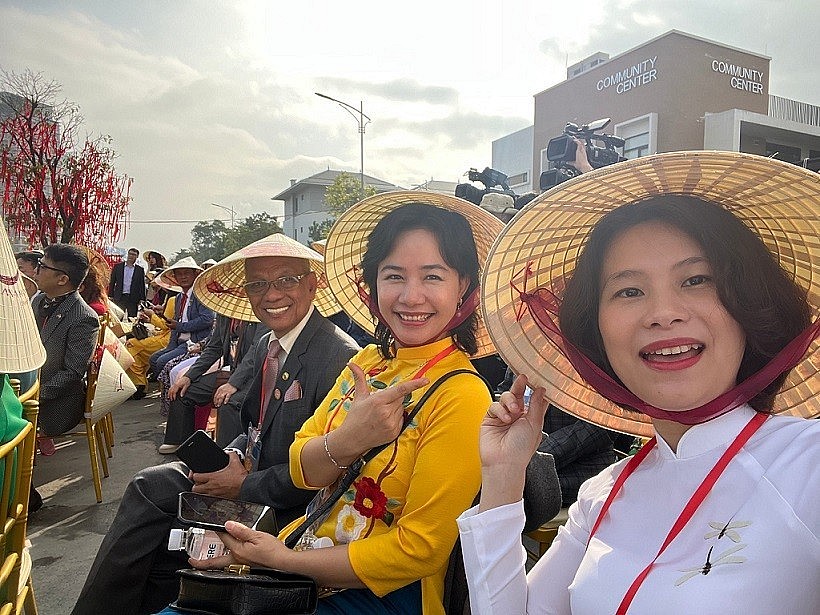 |
| Peter Hong, general secretary of Business Association of Overseas Vietnamese (BAOOV) and Tra My, president of the Provisional Vietnamese Business Association in China, on attracting Vietnamese intellectuals abroad (from left) attending Homeland Spring Program 2023. Photo: Tra My |
Prime Minister Pham Minh Chinh recently signed Decision 899/QD-TTg approving the National Strategy on attracting and utilizing talents until 2030, with a vision to 2050.
Proactive strategic vision
The national strategy on attracting and utilizing talents until 2030, with a vision to 2050, was issued at a time when the country had "international potential, position and prestige."
The strategy of using talented people (both domestic and foreign) demonstrates the determination of the Party, State and people to accelerate the cause of industrialization, modernization of the country and international integration.
The strategy implements the goal of turning Vietnam into a developing country with a modern industry and high average income by 2030, and by 2050 becoming a developed country.
"Developing the country based on human capital" represents a correct vision and strategy. In fact, countries around the world such as the US, China, Korea and Japan have risen to become world powers thanks largely to policies to attract and utilize talent.
Right from the period of secret activities, when the country was still at war, our Party selected a team of virtuous and talented revolutionary cadres.
They are loyal to the Party and the Fatherland, brave, resilient, indomitable, and successfully completed all assigned tasks.
The national liberation struggle won for many reasons, but choosing and using the right talents is decisive.
Utilizing overseas Vietnamese resources
Along with retaining talented people already working in the country, Vietnam also needs to find ways to attract talented people from abroad to contribute to building the country.
There are currently nearly six million Vietnamese people living abroad. This is a precious resource for building the country. Every year, hundreds of thousands of overseas Vietnamese businessmen return home to find opportunities and make business connections in the country.
There are thousands of experts and intellectuals participating in scientific research cooperation, educational cooperation, teaching, and technology transfer in Vietnam.
Up to now, there are many overseas Vietnamese businesses that invested and developed successfully in the country.
Criteria to classify talent levels
According to Peter Hong, general secretary of Business Association of Overseas Vietnamese (BAOOV), Vietnam should establish a framework for building policies and planning standards and talent assessment levels.
It is necessary to divide talent into five different levels A, B, C, D and E, to have different policies.
Type A talent: for outstanding international talents, for example Nobel Prize winners, academicians, outstanding talents with international science and technology awards.
Type B talent: for talents who have won national awards for startup projects, long-term creative projects, foreign expert, cultural and artistic projects, experts who made outstanding contributions to the country, and technical talents.
Type C talent: for talents who win provincial awards, including startup projects, foreign experts, cultural and artistic projects.
Type D talent: for talents who win city-level awards and technical awards, talented candidates, influential leaders at the city level.
Type E talent is for talents returning from the Top 100 most prestigious universities in the world, talents with a doctorate or higher, or excellent start-up talents selected from the district level, skilled craftsmen with awards, having influence and expertise in the fields of science and technology, health, education, and tourism.
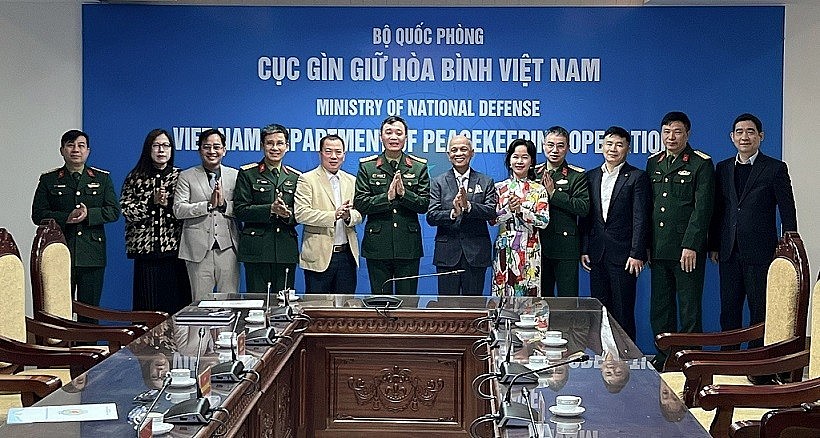 |
| Peter Hong and Tra My during a working session with the Vietnam Department of Peacekeeping Operation. Photo: Tra My |
Different policies for talents
Regarding wages and benefits, Vietnam needs to have high salary policies, rich benefits, housing subsidies, health insurance, and free personal income tax.
Encouraging and supporting scientific research and innovation includes the establishment of research funds, laboratory facilities, and the promotion of international cooperation and academic exchange.
For overseas Vietnamese returning to their home country to start their own businesses, Vietnam should support start-up capital and offer free, interest-free loans, or mobilize investment capital from other forms, based on different levels of talent and evaluation of startup projects.
Localities should also set up specialized departments and develop separate incentive mechanisms for overseas Vietnamese businesses, supporting for establishment registration, open and transparent foreign investment laws, fair and non-discriminatory intellectual property.
They should also have specialized staff to listen, grasp wishes, suggestions and promptly resolve when overseas Vietnamese talents encounter difficulties.
Through the development and implementation of these policies, Vietnam will see more outstanding talents stand out in different fields and make important contributions to the prosperity of the country and society.
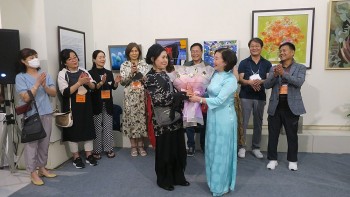 | Hai Phong, Vietnam and Gwangju, South Korea Exchange Artistic Talents To commemorate the 30th anniversary of the establishment of diplomatic relations, Vietnam and South Korea have organized several cultural activities. |
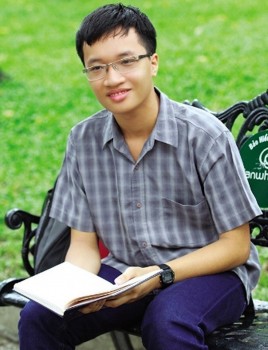 | Young Vietnamese Receives Prestigious Scholarship in Mathematics Before being awarded a prestigious scholarship by the Clay Mathematics Institute (USA), Tuan Huy twice won gold medals at the 2013 and 2014 International Mathematical ... |
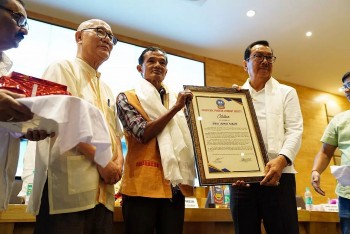 | Government introduces ‘Achiever Award’ to encourage budding talents: Mein The deputy chief minister praised the literary contributions of Dai and stressed the importance of promoting literature and education in the state. He also highlighted ... |
Recommended
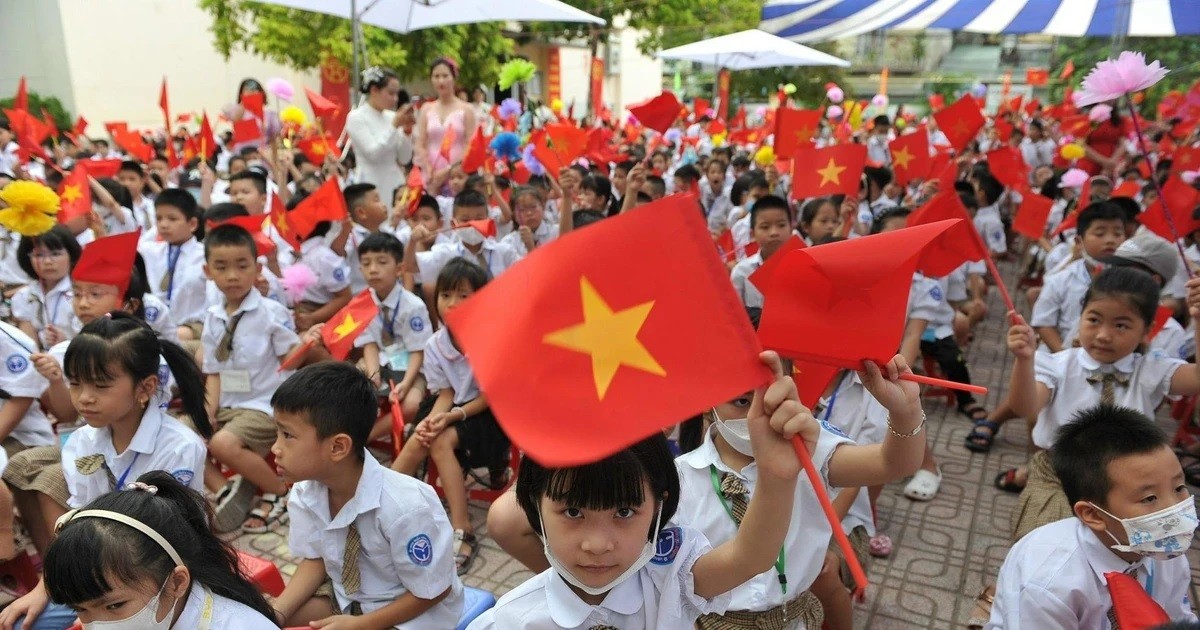 Viet's Home
Viet's Home
Vietnam's Human Development Index Remains High
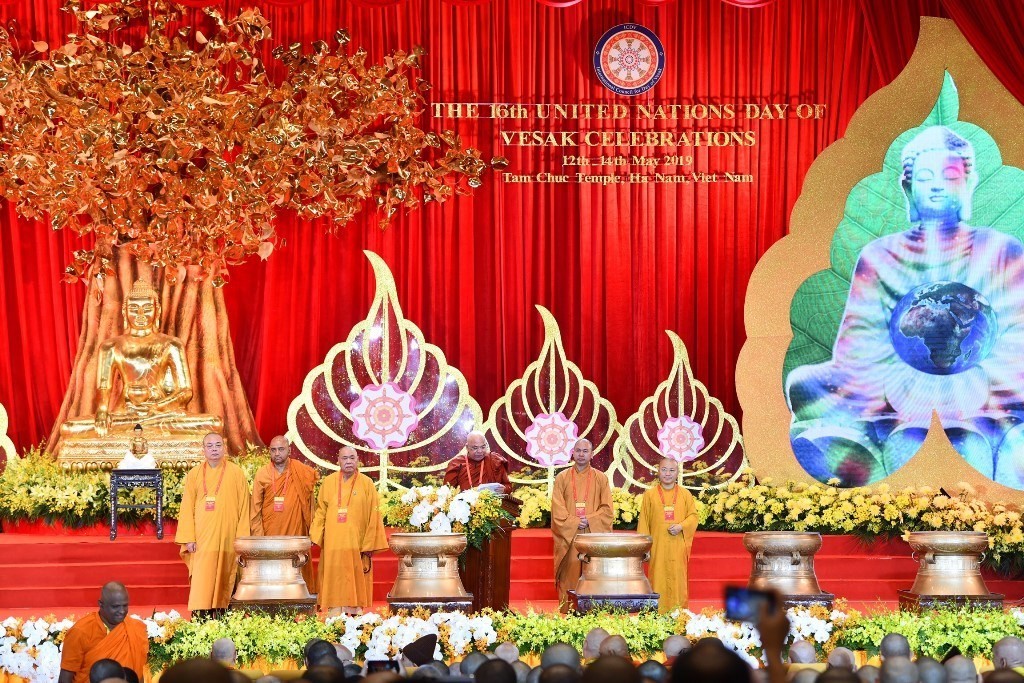 Viet's Home
Viet's Home
Vietnam’s Mark on UN Day of Vesak Celebrations
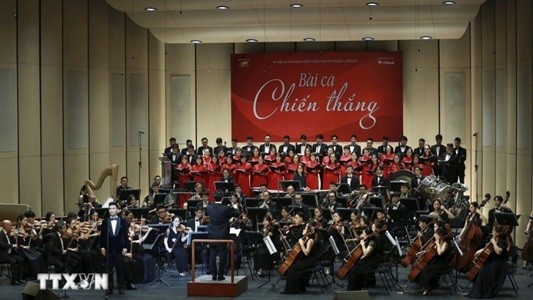 Viet's Home
Viet's Home
Art Program Spreads Message of Peace Worldwide
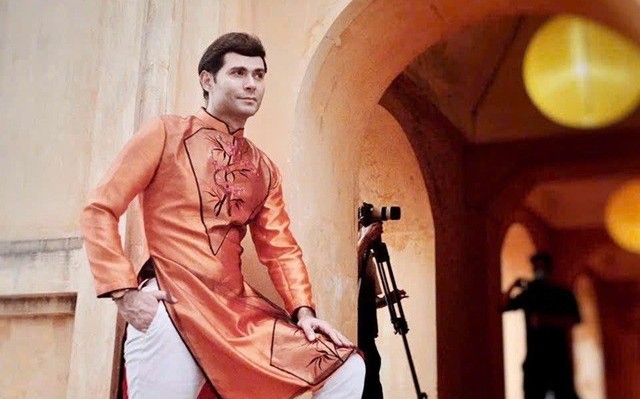 Expats in Vietnam
Expats in Vietnam
Look Forward to New Developments in Vietnam - US Relations
Popular article
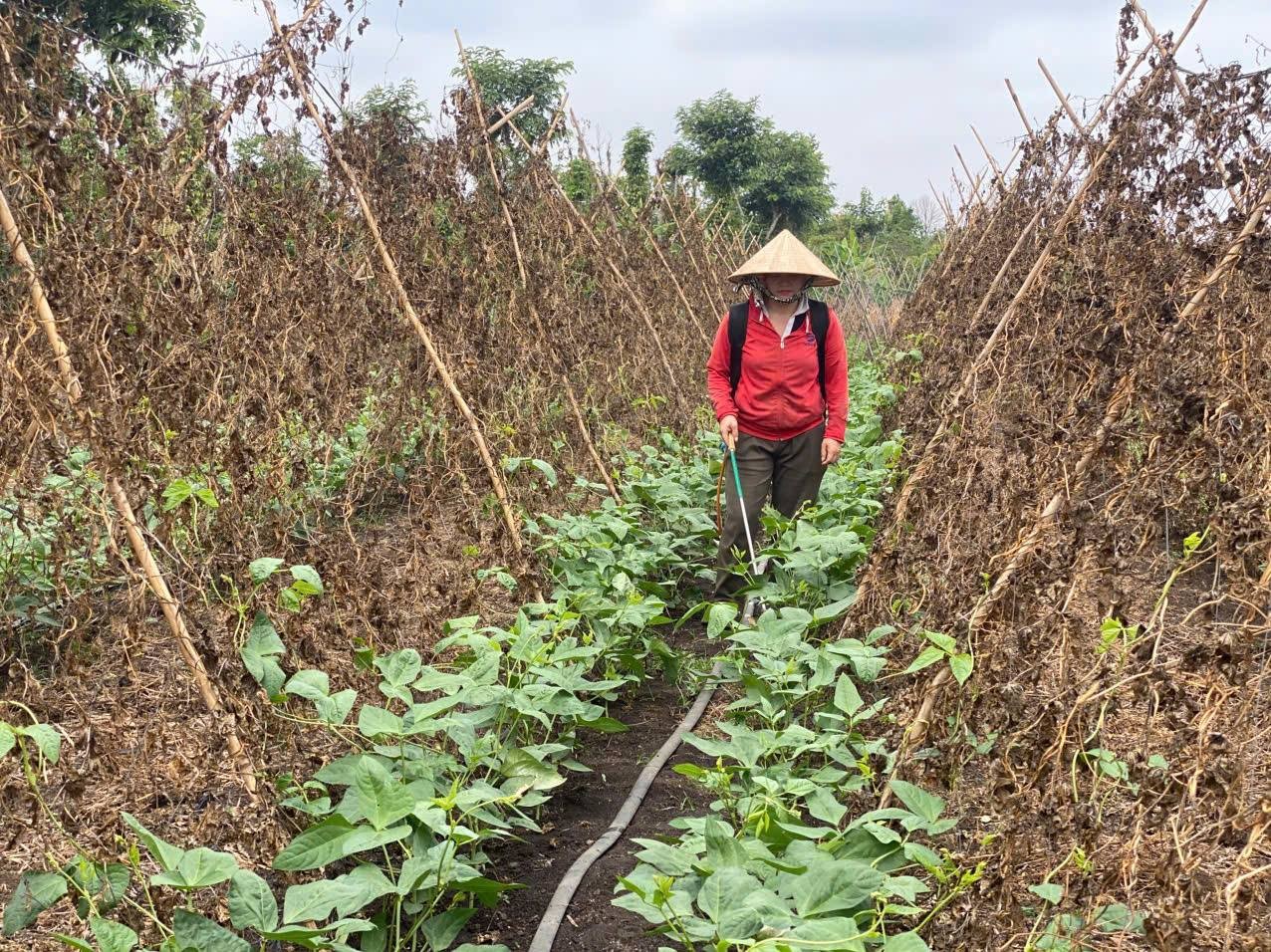 Viet's Home
Viet's Home
She Feeds the World: 8,000 Individuals Adopt More Sustainable Agricultural Practices
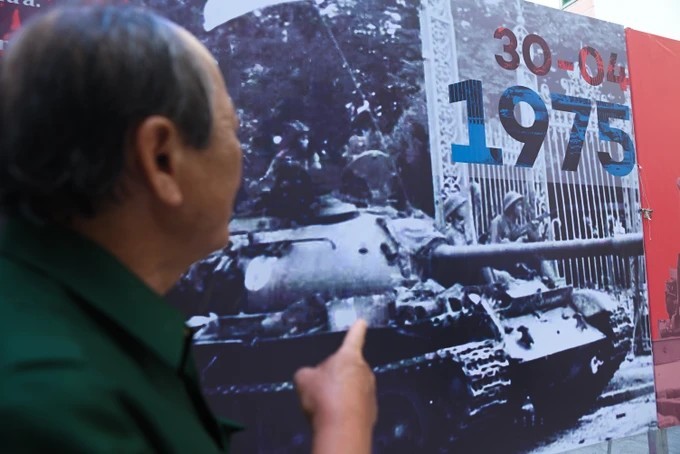 Viet's Home
Viet's Home
Over 200 Valuable Documents Displayed at 'Mountains and Rivers Connected One Strip' Exhibition
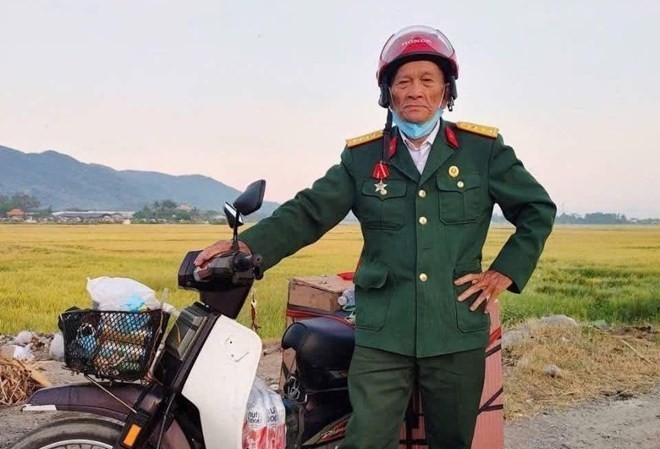 Viet's Home
Viet's Home
Latin American News Agency Prensa Latina Shares Story of Vietnamese Veteran’s 1,200km Journey Back to Former Battlefield
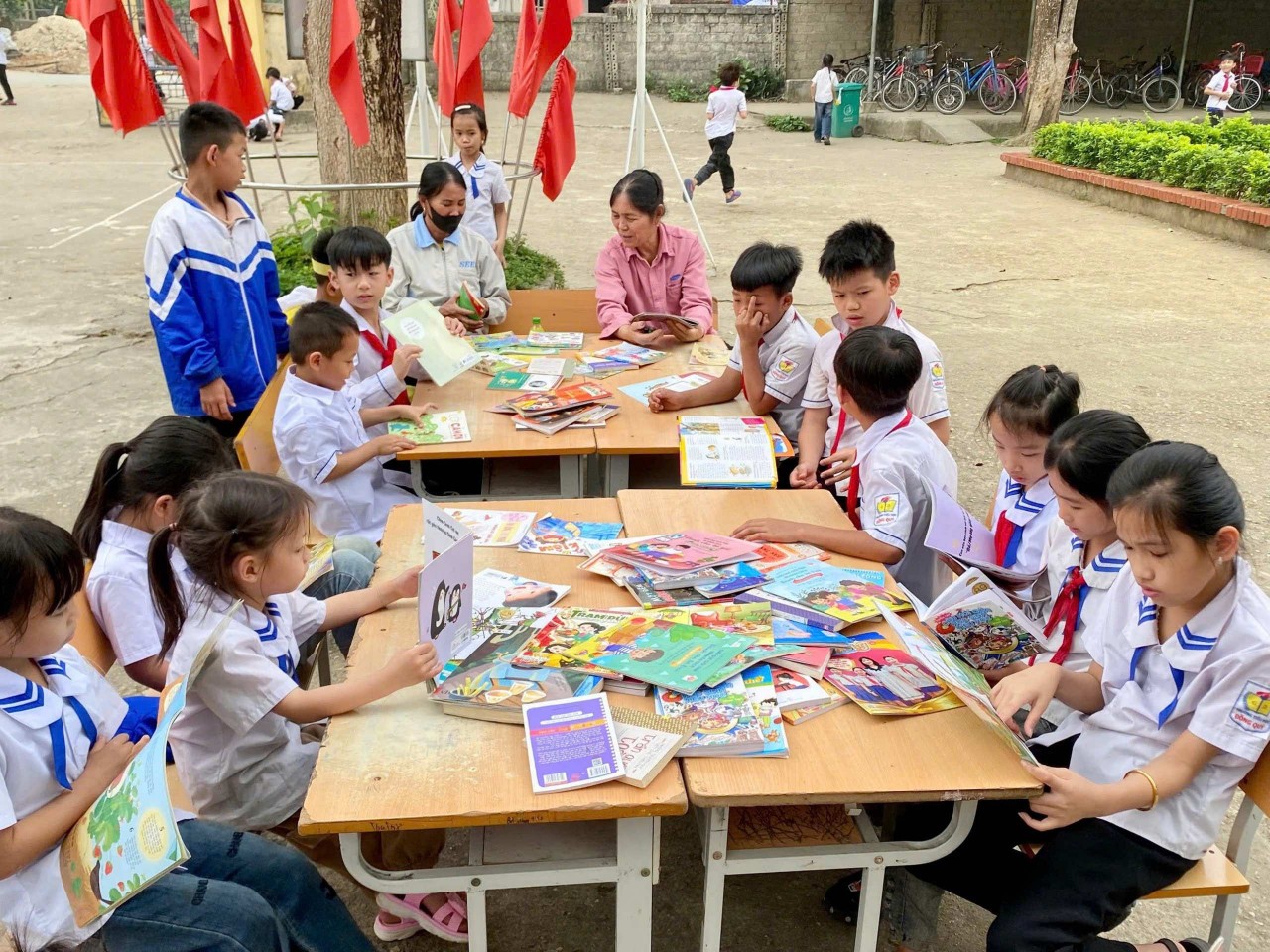 Viet's Home
Viet's Home




